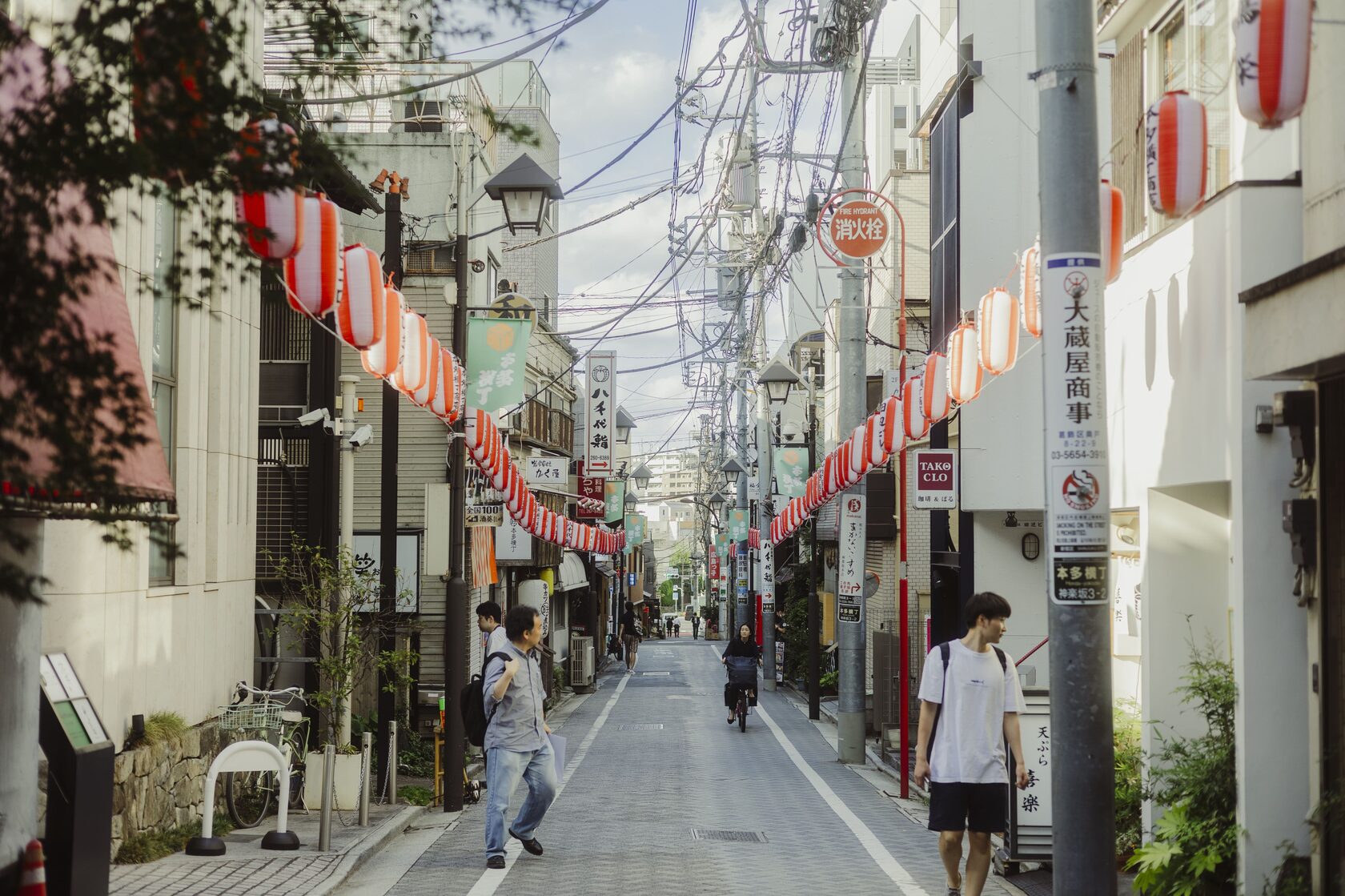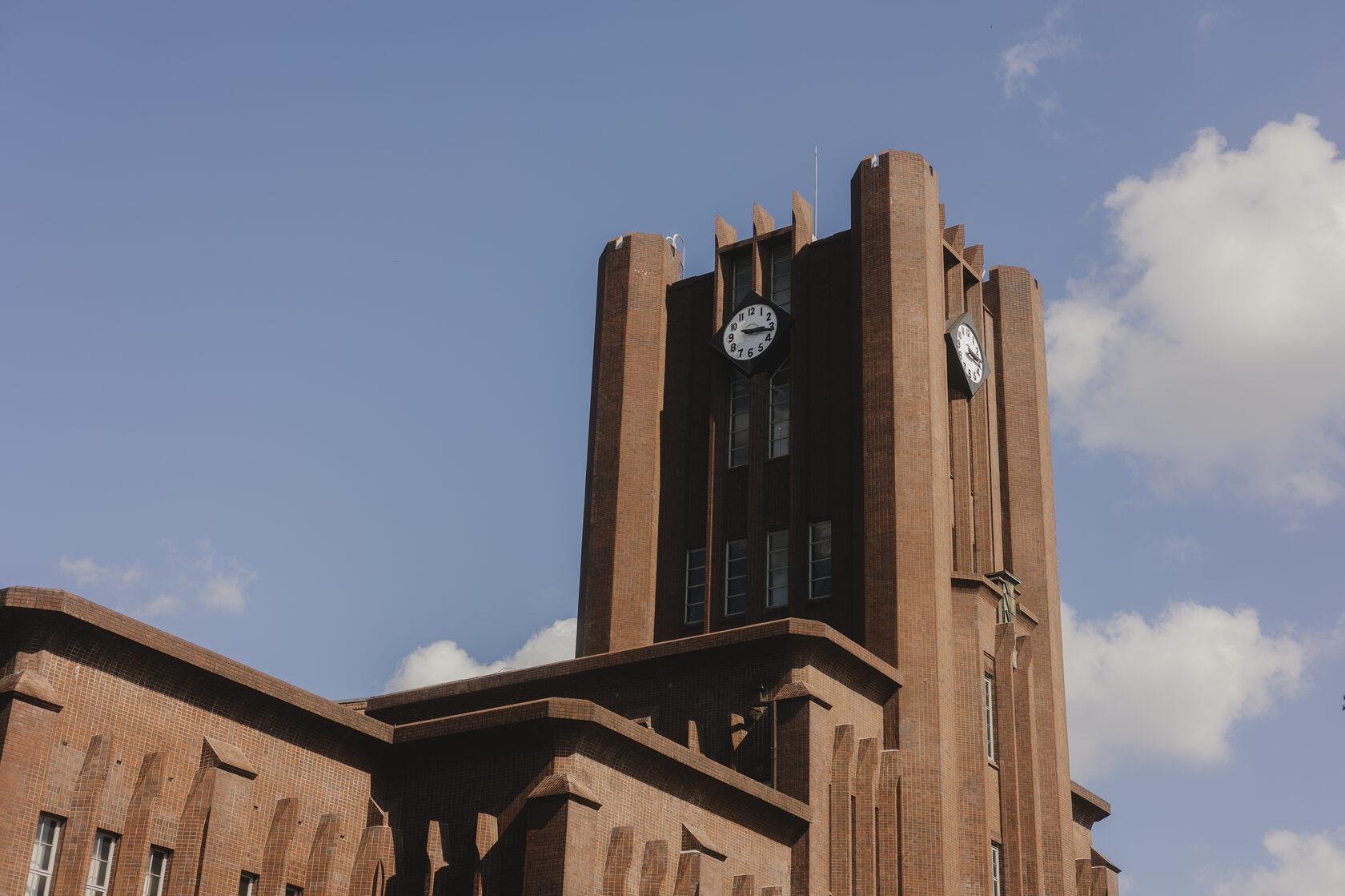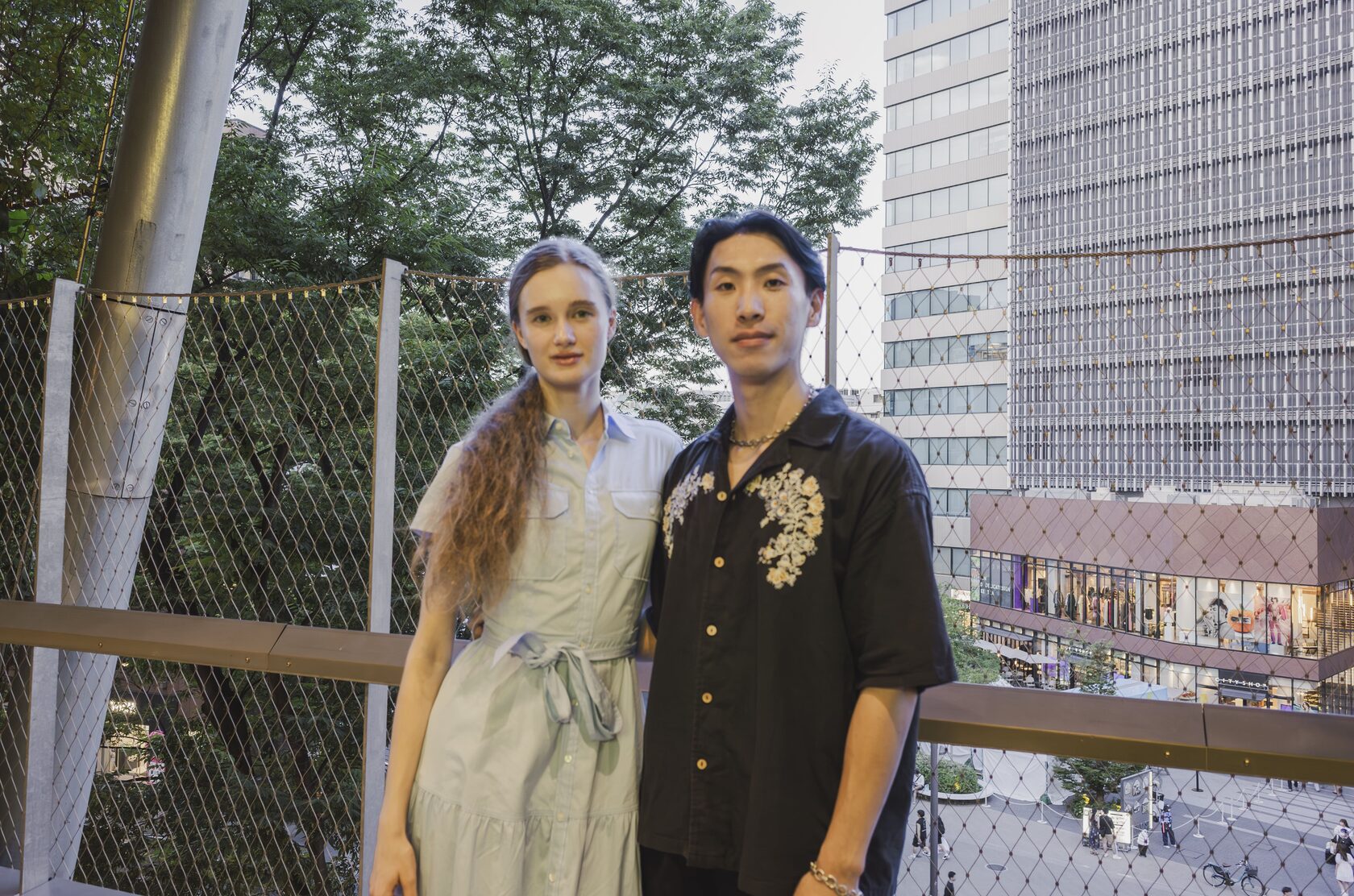Asia has become a popular destination not only for tourism but also for immigration, business and education. Studying in the Asian continent opens a large number of opportunities, such as discovering a new part of the world, its unique cultures and languages, which are very different from their Western counterparts, living in the fastest growing economic region, and receiving your education at the top tier universities. In this article, I want to introduce you to the universities of Japan specifically, debunking myths and listing the positives on the go.
Perhaps I should talk a little bit about Japan’s uniqueness first. Having spent the summer of 2023 in Tokyo, participating in the language study program at Coto Academy, I made an unshakable conclusion that it is one of the most beautiful countries I have ever been to.

Imagining Tokyo as a crazy metropolis, with blinding neon billboards and crowded streets as I sat in the plane, I found myself thinking completely wrong when I finally arrived. Tokyo can be very different; every area of this city has its own unique energy, although I am very tempted to say - a soul. While the endearing customs and ability to accommodate completely different preferences of the country as a whole, results in a patchwork of originality, making it incredibly captivating for tourists and international students.

Nonetheless, there are a few fears and doubts that are connected to studying in Japan. One of them is definitely the language barrier. From my personal experience, studying Japanese is an extremely challenging, thorny path, which takes a lot of time to reach the point of obtaining the language level high enough to become fluent, or even to be able to study in it. Luckily, there are plenty of suitable programs for those who haven't got the required level of Japanese. Firstly, there is a range of universities that offer degrees in English, which I am going to review below. Secondly, if you have a particular university in mind, you can always join one of the language schools that will help you to acquire the necessary language skills. However, it might take you no less than two years to achieve JLPT N2, which is usually the minimum requirement for your application to be considered at Japanese-taught universities. (JLPT stands for Japanese Language Proficiency Test, where N5 is the lowest level, and N1 is the highest one).

The first university I want to expand on is the University of Tokyo. Founded in 1877 as the first national university, it is now one of the most prestigious institutions in Japan, Asia, and the world. UTokyo offers an abundance of courses and conducts research across a full spectrum of disciplines. Its campus, built in Uchida Gothic style, very much differs from traditional or modern Japanese architecture but rather reminds one of the Ivy League Universities. The majority of courses are taught in Japanese and require JLPT level 1. Unfortunately, the University of Tokyo offers a limited number of undergraduate degree programs taught in English; PEAK, held in the Kombata Campus, consists of the "International Program on Japan in East Asia", and "International Program on Environmental Sciences" and Global Sciences Course. No knowledge of Japanese is required.

Another option would be the Kyoto University; a globally recognised institution famous for producing world-leading researchers, including 13 Nobel Prize laureates. It consistently presents in the top two universities in Japan, the top 10 in Asia and the top 50 globally. Its greatest advantage for international students is in the wide range of subjects that can be studied in English. It conducts an exciting International Undergraduate Program in multiple disciplines, including Law, Integrated Human Studies, Education, Economics, Science and Engineering. It doesn't require any initial knowledge of Japanese, slowly integrating it into students' degrees. In the first two years, students are allowed to choose the language of their study, simultaneously studying Japanese, while the last two years are taught mainly in Japanese. Kyoto University consists of three campuses, which are built in tranquil green settings, mixing old and modern. The city of Kyoto is a little less busy than Tokyo; however, being the cultural centre of Japan and home to numerous Shinto shrines, Buddhist temples, palaces and parks, some of which are secured by UNESCO, makes life there an unforgettable student experience.
The third option I would suggest you consider is the Waseda University; a research-based institution and one of the best private universities in Japan. Not only does it offer a large number of courses conducted entirely in English, with an opportunity to learn Japanese on the way, but it also collaborates with the top tier institutions of the world, such as Georgetown University, University of California, Queen Mary University of London and many more. Moreover, located in central Tokyo, it ensures deep cultural immersion, rich student life and safety inside as well as outside of the campus. It is one of the most international universities in Japan, with over 7000 international students on campus. It prioritises cultural exchange and provides many (about 50%) international students with scholarships.

Just to conclude, studying in Japan is an unforgettable experience; it's a country of great food, fantastic people, unique culture and world-class education. Even though selecting the right university and turning your life around might not seem like an easy path to follow, the effort is undeniably worth it. Usually, big changes bring big victories!








